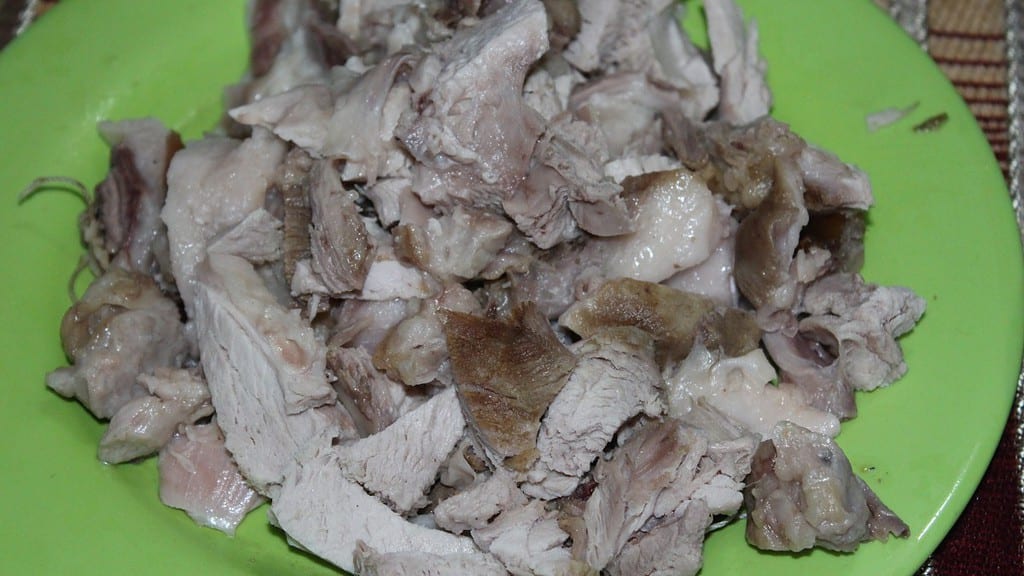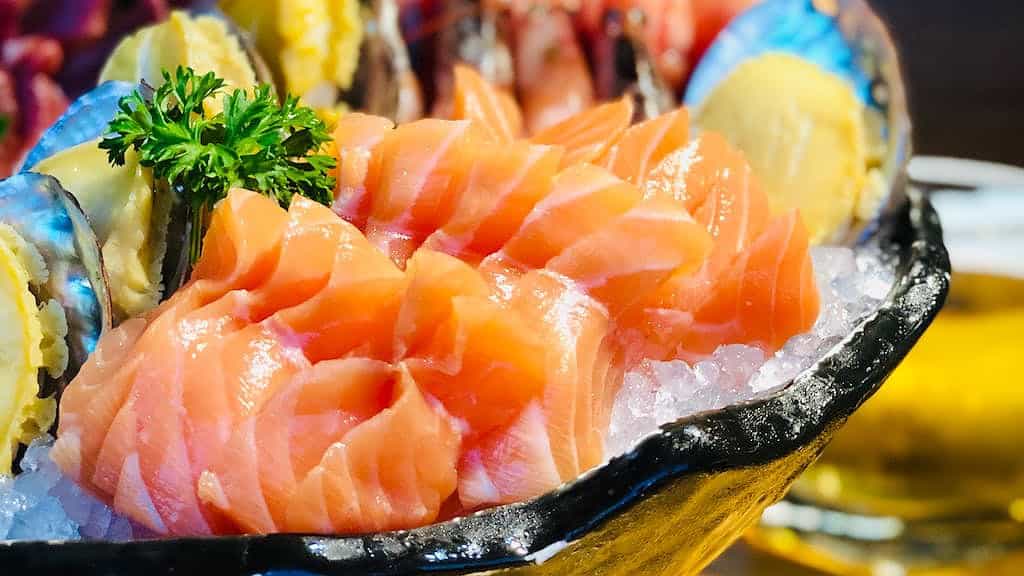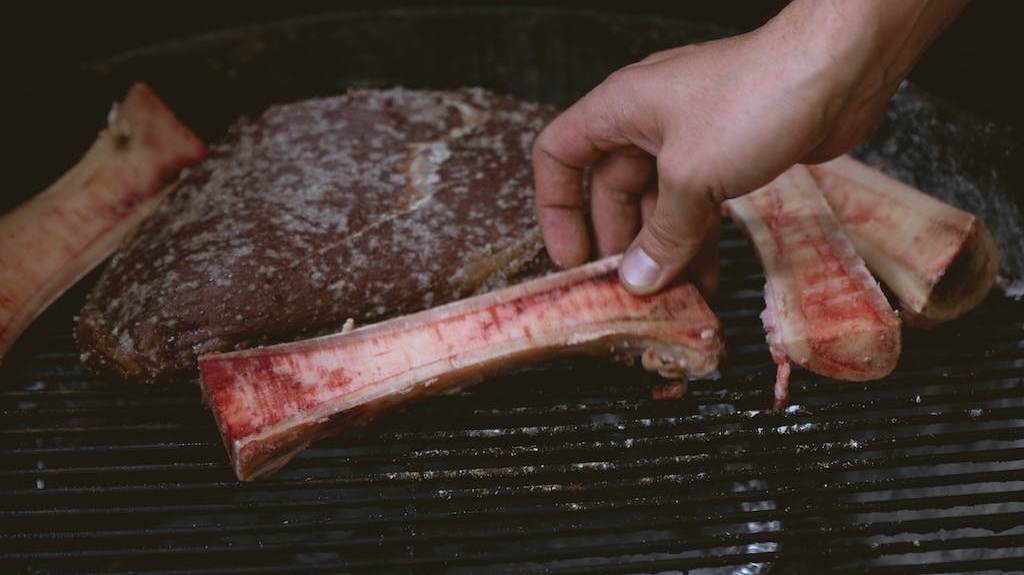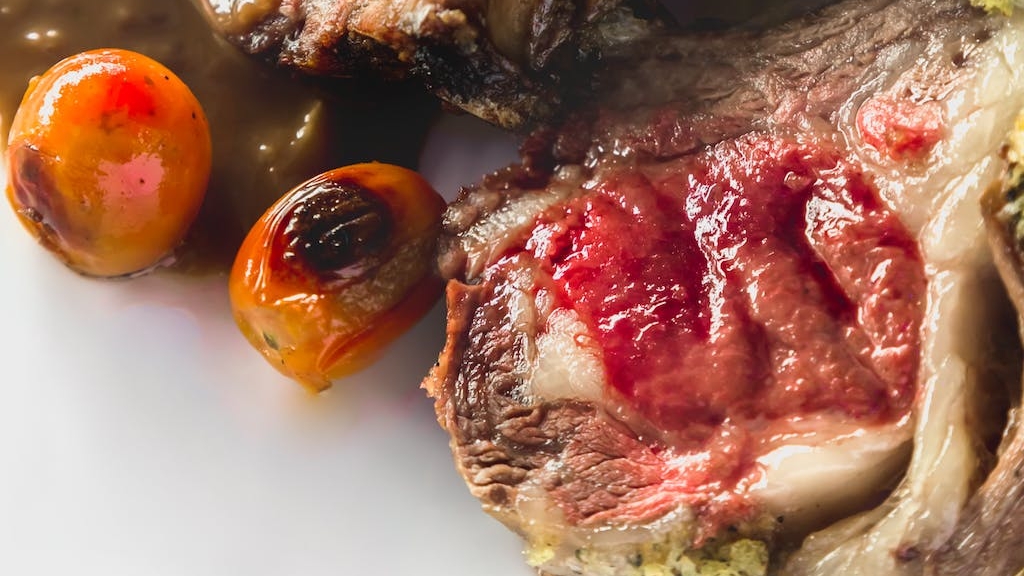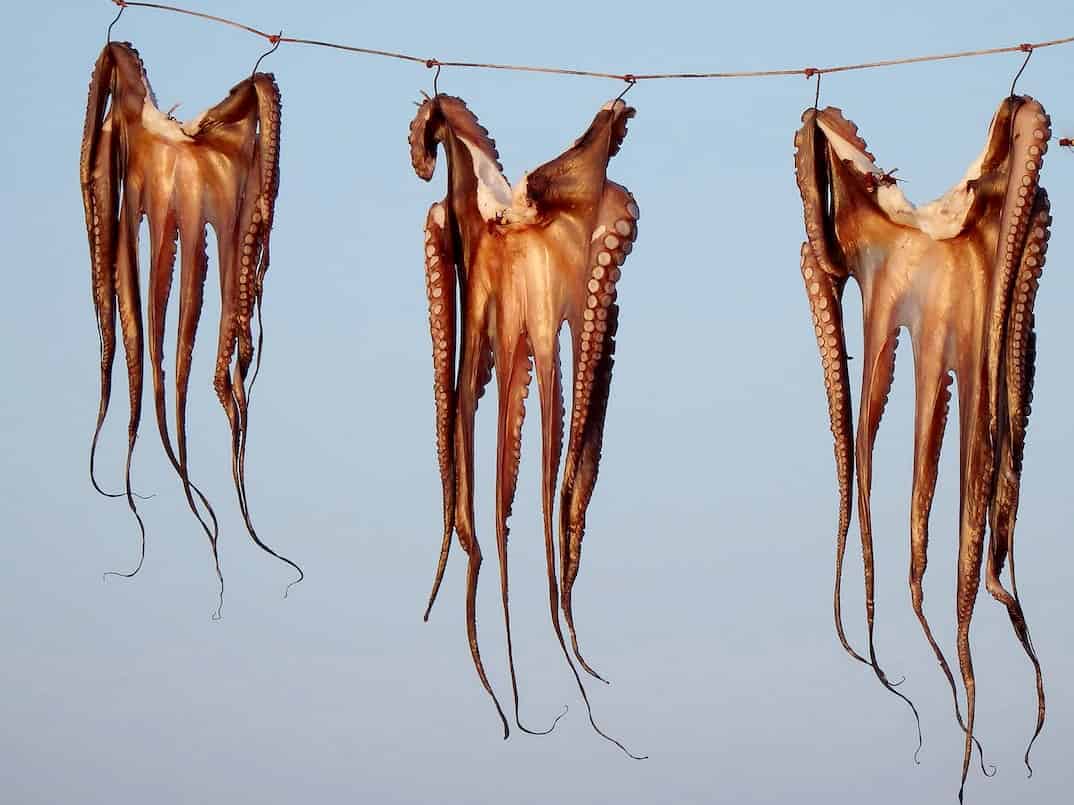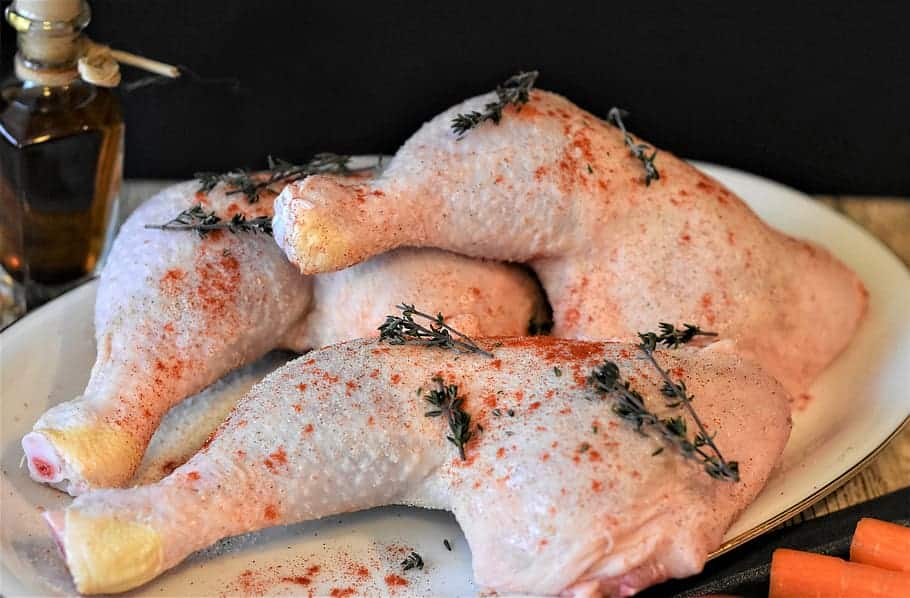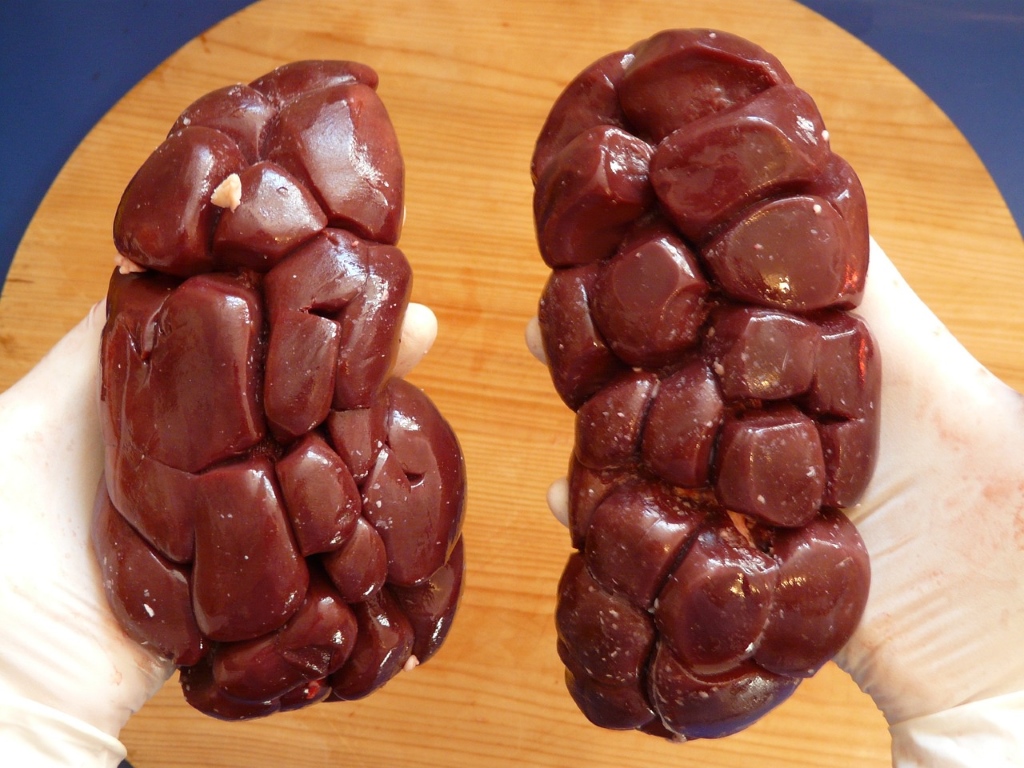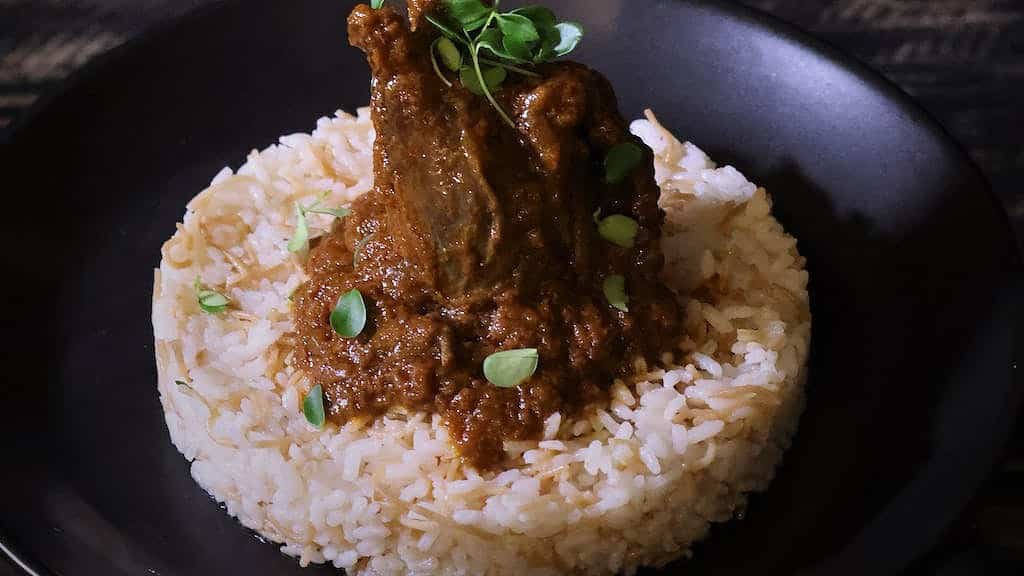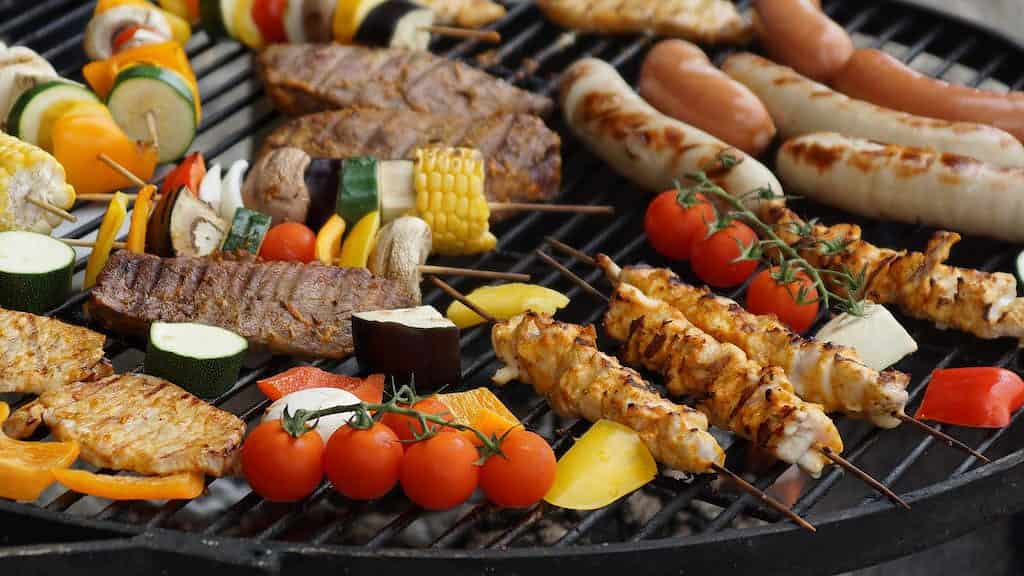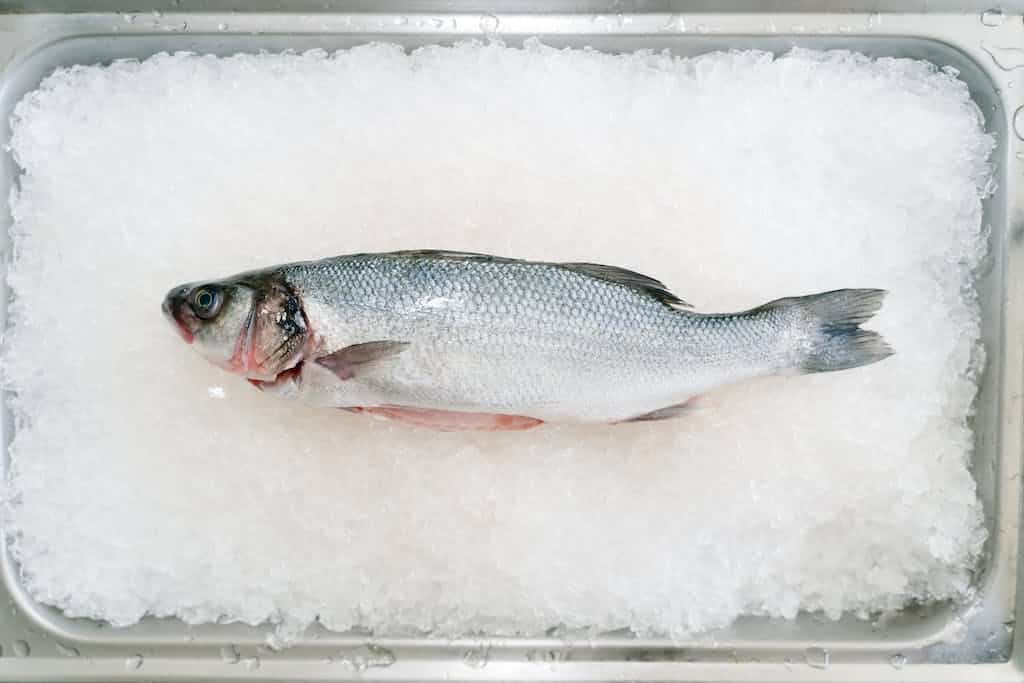Key Takeaways:
- Dogs should not eat chitterlings due to potential health risks.
- Chitterlings can contain harmful bacteria, parasites, and high levels of fat.
- Eating chitterlings may lead to digestive upset, diarrhea, or pancreatitis in dogs.
- Raw or undercooked chitterlings are even more dangerous for dogs.
- If your dog accidentally consumes chitterlings, monitor for signs of illness and contact your veterinarian.
- Always consult with your vet before introducing new foods to your dog’s diet.
- Dogs have different dietary requirements and what may be safe for humans can be harmful to them.
- Opt for dog-friendly alternatives such as lean meats, vegetables, and fruits for your pet’s treats.
- Responsible dog owners prioritize their pet’s health and avoid feeding them risky or potentially toxic foods.
- Remember that nutritional balance and moderation are essential for your dog’s well-being.
Summary
Can dogs eat chitterlings? While it may be tempting to feed your furry friend this savory treat, the answer is no. Chitterlings, also known as chitlins, are not recommended for canine consumption. This article delves into the reasons why chitterlings are unsafe for dogs and provides alternative, safe options for feeding your pet. Understanding the potential health risks and exploring healthier alternatives are crucial for responsible dog owners, making this article a must-read for those wondering about feeding chitterlings to their canine companions.

What are Chitterlings?
Chitterlings, also known as chitlins, are a type of food made from the small intestines of a pig. They are typically boiled or fried and are commonly consumed in various cuisines, particularly in Southern and African-American cooking. Chitterlings have a strong odor and chewy texture, with a unique flavor that may not appeal to everyone.
Are Chitterlings Safe for Dogs to Eat?
While chitterlings can be enjoyed by some humans, they are not recommended for dogs. Dogs have different digestive systems and nutritional needs compared to humans. Chitterlings are high in fat and can be difficult for dogs to digest, leading to potential digestive issues such as diarrhea or upset stomach. Additionally, the seasoning or spices used in chitterlings, such as garlic or onion, can be harmful to dogs. It is best to avoid feeding chitterlings to your furry friend and instead provide them with a balanced diet specifically formulated for their nutritional requirements.
Potential Risks for Dogs
Feeding chitterlings to dogs can pose several risks. Firstly, the high fat content can contribute to obesity in dogs, which may lead to various health problems. Moreover, chitterlings may contain bacteria or parasites that can cause infections in dogs. The preparation methods and sourcing of chitterlings also play a significant role in their safety for consumption. Dogs with sensitive stomachs or certain health conditions, such as pancreatitis, should avoid chitterlings altogether.
Healthy and Safe Alternatives
Instead of giving your dog chitterlings, consider offering them safe and healthy alternatives. Lean meats like chicken, turkey, or beef (cooked without seasoning or bones) can serve as excellent protein sources for dogs. Other dog-friendly options include fruits like apples or bananas, and vegetables like carrots or green beans (cooked or raw). Always consult with your veterinarian to ensure you are providing a well-balanced diet for your four-legged companion.
Signs of Chitterling Toxicity in Dogs
If your dog accidentally consumes chitterlings, it’s essential to be aware of the signs of chitterling toxicity. Symptoms may include vomiting, diarrhea, abdominal pain, loss of appetite, lethargy, or even more severe complications. If you suspect chitterling toxicity, contact your veterinarian immediately for proper guidance and potential treatment.
Quick Recap
Before we move onto recipes and alternative foods for dogs let’s quickly recap, chitterlings are not suitable for dogs. Due to their high fat content, difficulty of digestion, potential bacteria and parasites, as well as harmful seasonings, it is best to avoid feeding chitterlings to your furry friend. Opt for safe and healthy alternatives that meet your dog’s nutritional requirements and consult with your veterinarian for any specific dietary concerns.
Recipes and Alternatives to chitterlings for dogs
Dogs should not eat chitterlings as they can be harmful to their health. Chitterlings are the intestines of a pig and can contain harmful bacteria and parasites that can cause digestive issues and even lead to serious illnesses in dogs. It is important to provide dogs with a balanced and nutritious diet, so here are some alternative foods that are safe and healthy for dogs:
- Lean meats such as chicken, turkey, or beef
- Fish like salmon or sardines
- Fruits and vegetables like apples, carrots, and green beans
- Plain, cooked rice or pasta
- Plain, unsweetened yogurt
Can Dogs Eat Chitterlings FAQ
1. What are chitterlings?
Chitterlings, also known as chitlins, are the cleaned and cooked intestines of a pig. They are a popular dish in some cultures and often enjoyed as a delicacy.
2. Is it safe for dogs to eat chitterlings?
No, it is not recommended to feed chitterlings to dogs. While they are technically edible for dogs, there are several reasons why it’s best to avoid feeding them this food.
3. Why shouldn’t dogs eat chitterlings?
There are a few reasons why chitterlings are not suitable for dogs:
- Potential bacterial contamination: Chitterlings require thorough cooking to eliminate harmful bacteria and parasites. Feeding raw or undercooked chitterlings to your dog can cause digestive issues and increase the risk of foodborne illnesses.
- High fat content: Chitterlings are high in fat, which can lead to pancreatitis and other digestive problems in dogs.
- Possible seasoning or flavoring: Chitterlings may be seasoned or cooked with ingredients that are toxic to dogs, such as onions or garlic. It’s important to remember that dogs have different tolerance levels for certain spices and seasonings.
4. Are there any potential health risks for dogs?
Yes, feeding dogs chitterlings can pose various health risks, including:
- Digestive upset: The high fat content and unfamiliarity with this type of food can lead to stomach upset, vomiting, or diarrhea.
- Bacterial infections: If the chitterlings are not cooked properly, dogs may be at risk of contracting bacterial infections, such as Salmonella or Campylobacter.
- Pancreatitis: The high fat content in chitterlings can trigger pancreatitis, which is a potentially severe and painful condition for dogs.
- Toxic ingredients: Seasonings or flavorings used in chitterlings can contain toxic substances, such as onions or garlic, which are known to be harmful to dogs.
5. What should I do if my dog accidentally eats chitterlings?
If your dog has consumed chitterlings, monitor them closely for any signs of distress or digestive issues. Contact your veterinarian immediately for guidance. They may recommend observation at home or ask you to bring your dog in for an examination.
6. What are some safer alternatives to chitterlings for dogs?
There are plenty of safe and healthy food options you can offer your dog instead of chitterlings:
- Lean meats (cooked thoroughly without seasoning)
- Fruits like apples, bananas, or blueberries (in moderation)
- Vegetables such as carrots, green beans, or sweet potatoes (cooked and unseasoned)
- Commercially-prepared dog food or treats specifically formulated for canine nutrition
Remember that it’s always essential to consult with your veterinarian before introducing any new food into your dog’s diet.
Conclusion
After carefully examining the question “Can dogs eat chitterlings?” it is clear that it is not advisable to feed chitterlings to dogs. Chitterlings are the intestines of a pig and are not considered a safe or healthy food for dogs. They are high in fat and can lead to various digestive problems such as diarrhea, vomiting, and pancreatitis in dogs. Additionally, chitterlings are often prepared with seasonings and spices that can be harmful to dogs, such as onion and garlic. It is always essential to prioritize the health and well-being of our furry friends, so it is recommended to avoid feeding them chitterlings or any other potentially harmful human food.
📚 Sources:
